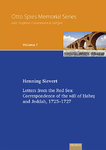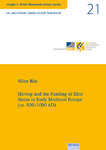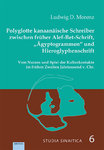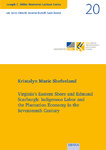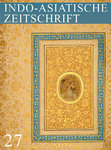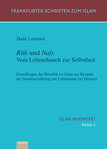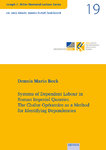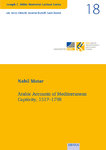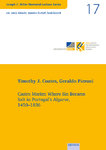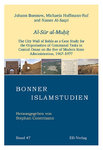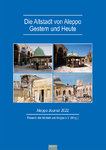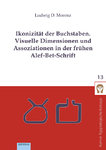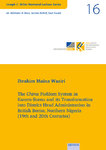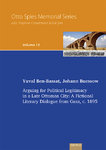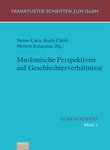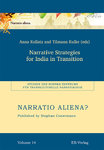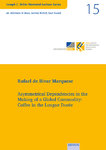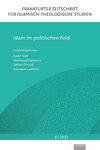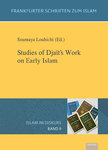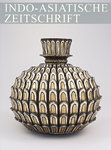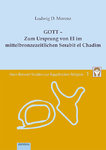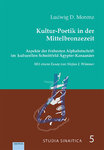Verlag für Wissenschaft und Praxis
- ISLAMWISSENSCHAFT
- ISLAMISCHE STUDIEN
- JOSEPH C. MILLER MEMORIAL LECTURES SERIES
- ASIENWISSENSCHAFT
- ARCHÄOLOGIE ALS KULTURWISSENSCHAFT
- RELIGIONSWISSENSCHAFT
- RELIGIONSPÄDAGOGIK
- GESELLSCHAFT UND KIRCHE
- KIRCHE UND GEMEINDE
- GESUNDHEIT UND KRANKHEIT
- KINDERGARTENPÄDAGOGIK
- OPEN ACCESS
- Neuerscheinungen
- In Vorbereitung
- News
- E-Books
- Einzelkataloge
Categories OPEN ACCESS Reihe: Joseph C. Miller Memorial Lecture Series Vol. 6: When Looms Begin to Weave by Themselves:
59 pages, paperback,
14,8 x 21,0 cm, 2021
Hier können Sie die Publikation als
CC BY-NC-ND 4.0-Lizenz herunterladen:
DOI: https://doi.org/10.53179/9783868933994
Aristotle once said that if looms were to weave by themselves masters would not need slaves. The historical trajectory of capitalism seems to place humanity in the exact opposite situation: on the one hand, the accelerated scientific development of the productive forces and the rise of automation processes, on the other hand, a diversification and intensification on a worldwide scale of forms of “unfree labour,” often classified as “modern slavery.” Several studies have approached these phenomena as remnants of “pre-capitalism;” others see them as moments of an “ongoing primitive accumulation;” still others interpret them as extreme cases of “fully functional capitalism” or “neoliberal capitalism.” In this paper the author intends (i) to show the different theoretical problems of these approaches and (ii) to argue that the phenomena of “modern slavery” are more adequately understood through a perspective of global decomposition of capitalism, a process that began with the third industrial revolution of microelectronics and is now accelerating with the emerging automation, intensifying a violent logic of demobilization of labour power and containment of “superfluous” populations.
The Author
Bruno Lamas, an architect by training, worked in the fields of urbanism and urban and regional planning between 2004 and 2017. He is currently a fellow of the F.C.T., the Portuguese national funding agency for science, research and technology, and a Ph.D. student in Economic and Organizational Sociology in UL-ISEG, Lisbon School of Economics and Management, developing the dissertation “The Metamorphoses of Modern Slavery: Labour, Self-ownership and the Problem of Slavery in the History of Capitalism.”



